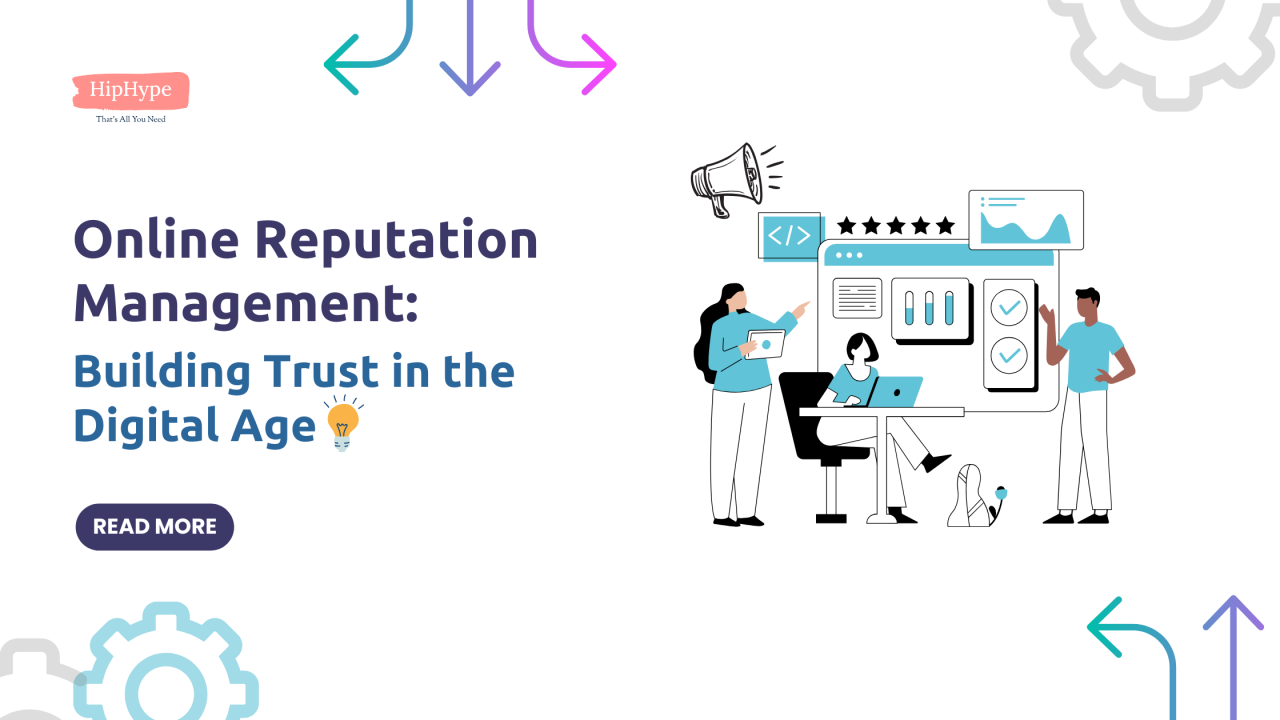In our digital age, your online reputation can make or break you. It’s like a virtual fingerprint that defines how others perceive you—whether as a professional, a business, or even an individual. But what exactly is online reputation, and why should you care? Let’s dive in!
What is Online Reputation?
At its core, online reputation refers to how you or your brand is perceived based on information available on the internet. This can include everything from social media posts, reviews, and comments, to blog articles and news coverage.
Importance of Online Reputation
Why is this so critical? A positive online reputation can lead to better job offers, increased sales, and enhanced credibility. Conversely, a negative reputation can cause potential clients or employers to think twice before engaging with you.
Understanding Online Reputation
Components of Online Reputation
Your online reputation is built on several components:
Search Engine Results: What shows up when someone Googles your name or brand?
Social Media Presence: How are you represented on platforms like Facebook, Twitter, and LinkedIn?
Reviews and Testimonials: What do customers or peers say about you?
How Online Reputation Affects You or Your Business
A solid reputation can boost trust and loyalty, while a tarnished one can lead to lost opportunities. People often Google before making decisions—whether to hire, partner, or buy.
Strategies for Building Your Online Reputation
Create High-Quality Content
Content is king! Regularly publish articles, blogs, or videos that showcase your expertise. The more valuable the content, the more likely people will share it, positively influencing your reputation.
Engage on Social Media
Being active on social media platforms helps you connect with your audience. Share updates, respond to comments, and participate in discussions to foster a positive image.
Manage Reviews and Testimonials
Encourage satisfied clients to leave positive reviews. Monitor platforms like Google My Business and Yelp, and respond professionally to all feedback.
Optimize Your Online Profiles
Make sure your social media profiles and websites are polished and professional. Use high-quality images, complete bios, and relevant keywords.
Monitoring Your Online Reputation
Tools for Monitoring
There are various tools, like Google Alerts, Hootsuite, and Mention, that can help you keep track of what’s being said about you online. Setting up alerts ensures you’re informed of any mentions in real-time.
Regular Checks and Updates
It’s crucial to routinely check your online presence. This proactive approach allows you to respond quickly to any potential issues.
Responding to Negative Feedback
Importance of Timely Responses
When faced with negative feedback, responding swiftly can demonstrate your commitment to customer satisfaction. Delays can exacerbate the situation.
How to Address Negative Reviews
Stay calm and professional. Acknowledge the issue, offer a solution, and take the conversation offline if necessary. This approach can sometimes turn a negative experience into a positive outcome.
Turning Negatives into Positives
Learn from negative feedback. It can provide valuable insights into areas for improvement, making you stronger in the long run.
Leveraging Positive Reputation
Case Studies of Successful Reputation Management
Consider companies like Zappos or Amazon, which effectively manage their reputations. They actively engage with customers and use feedback to improve services, creating a loyal customer base.
Using Your Reputation in Marketing
A strong reputation can be a powerful marketing tool. Highlight testimonials and positive reviews in your campaigns to build trust with potential clients.
Conclusion
Building and maintaining a positive online reputation is no longer optional; it’s essential. By actively managing your online presence, engaging with your audience, and responding to feedback, you can cultivate a reputation that opens doors to new opportunities.
FAQs
What is online reputation management?
Online reputation management (ORM) involves monitoring and improving your online presence to enhance public perception.
How can I improve my online reputation?
You can improve it by creating quality content, engaging on social media, managing reviews, and optimizing your profiles.
Why is social media important for reputation building?
Social media platforms allow for direct engagement with your audience, which can enhance trust and loyalty.
What should I do if I find negative information about me online?
Address it promptly and professionally. Engage with the source of the negativity and provide your perspective.
How long does it take to build a good online reputation?
Building a strong online reputation can take time and consistent effort, but with the right strategies, you can see improvements in months.
What are the common platforms for managing online reputation?
Common platforms include Google My Business, Yelp, Facebook, Twitter, and LinkedIn. These sites allow users to leave reviews and feedback, making them crucial for reputation management.
How can I track my online reputation?
You can track your online reputation using tools like Google Alerts, Social Mention, and reputation management software like Reputation.com or BrandYourself. Regularly searching your name or brand on search engines can also help.
What role does SEO play in online reputation?
SEO helps ensure that positive content about you or your business ranks higher in search results. This can overshadow any negative content and improve your overall online presence.
Can online reputation impact job opportunities?
Yes, employers often research candidates online. A strong, positive reputation can lead to better job offers, while a negative one may result in missed opportunities.
How can I remove negative content from search results?
While you can’t always remove negative content, you can push it down in search results by creating high-quality, positive content that ranks higher. Engaging with the site hosting the negative content may also help.
Is it too late to build my online reputation if I’ve made mistakes?
It’s never too late! You can start building a positive reputation by being transparent, addressing past mistakes, and consistently engaging in positive online activities.
How often should I update my online profiles?
Regular updates are important. Aim to review and update your profiles at least every few months to ensure all information is current and reflects your brand accurately.
What are some examples of good online reputation management?
Successful examples include companies like Starbucks, which actively engage with customers online, and individual professionals who share valuable content on platforms like LinkedIn.
How do online reviews influence consumer decisions?
Studies show that a significant percentage of consumers read reviews before making purchasing decisions. Positive reviews can enhance trust, while negative ones can deter potential customers.




